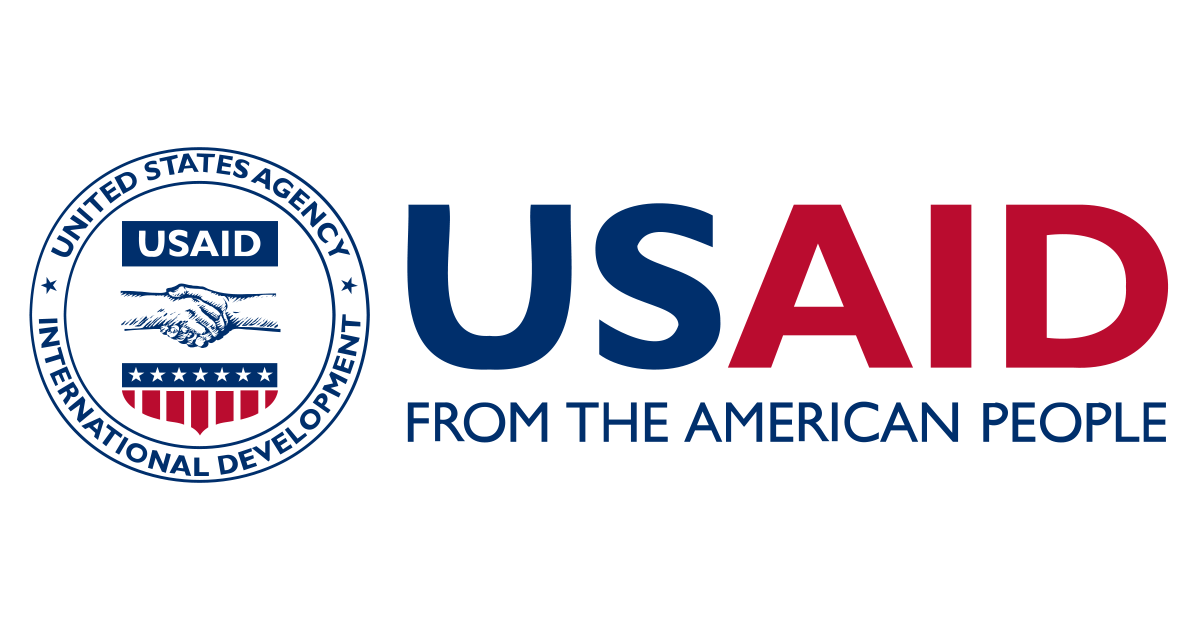In a landmark decision, the United Nations General Assembly adopted a resolution proposed by the United States, designating 2026 as the International Year of the Woman Farmer.
This global initiative aims to shine a spotlight on the indispensable contributions of women to agricultural systems worldwide, highlighting their challenges and mobilising efforts to address them.
Jessica Jennings, spokesperson for the United States Agency for International Development (USAID), emphasised the pivotal role of women in driving agricultural development and ensuring food security globally.
With women comprising nearly half of the agricultural workforce in low-income countries, their potential to revolutionise agriculture is undeniable.
However, despite their crucial role, women-owned farms still face significant barriers, including limited access to land, resources, finance, and technology. This inequity results in women-owned farms being 24 percent less productive than those owned by men. Addressing these disparities is not only a matter of justice but also of economic necessity, as empowering women farmers could unlock an estimated $1 trillion in global GDP.
In response to this pressing issue, USAID launched the Generating Resilience and Opportunities for Women (GROW) initiative last year. With a commitment of up to $335 million,
GROW aims to address the urgent challenges faced by women in food and water systems. This initiative represents a doubling of USAID’s investments in supporting women farmers, underscoring the agency’s dedication to advancing gender equality and agricultural development.
As the world prepares to celebrate the International Year of the Woman Farmer in 2026, USAID reaffirms its commitment to empowering women farmers and ensuring their full participation in agricultural systems worldwide.



